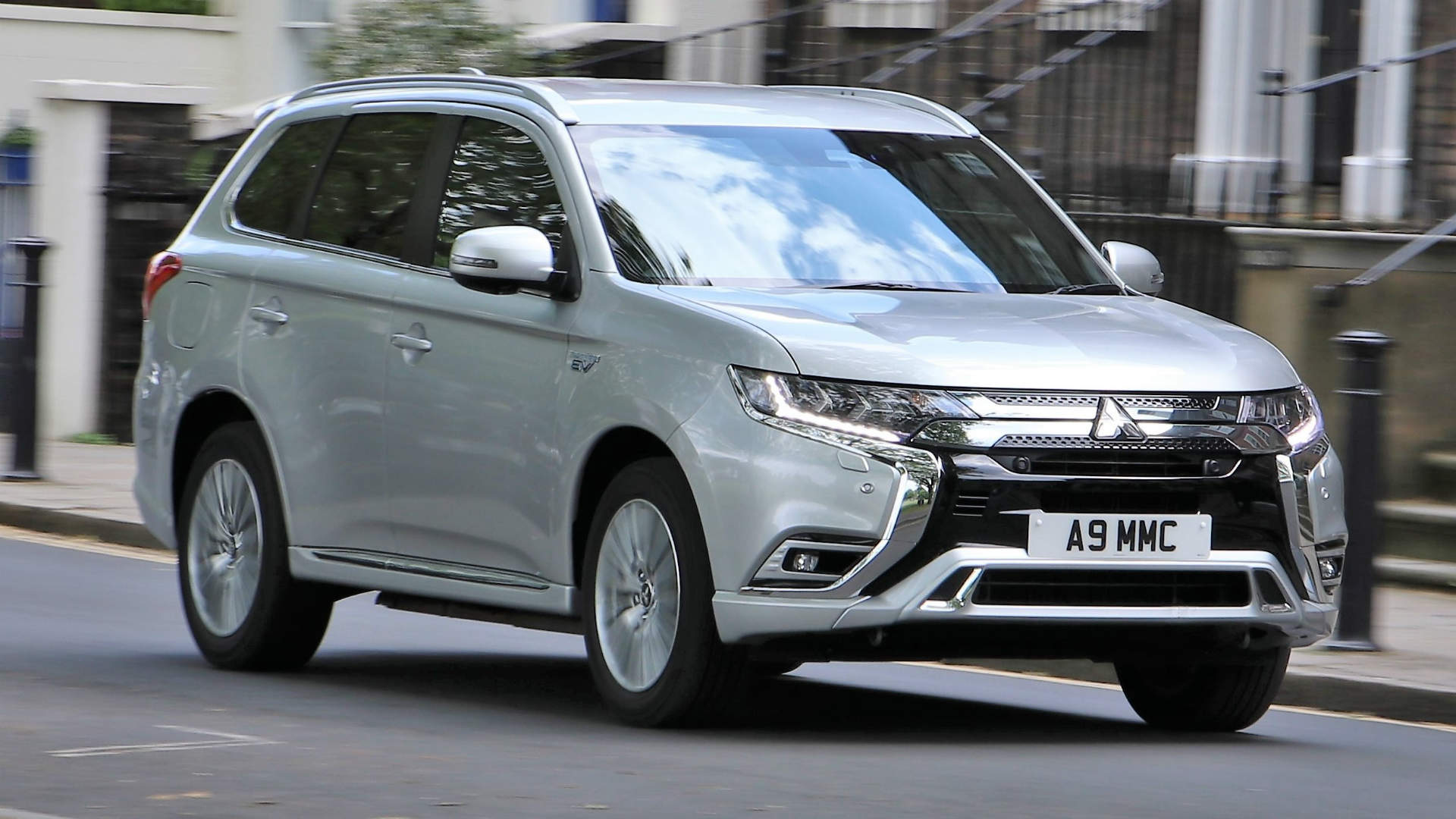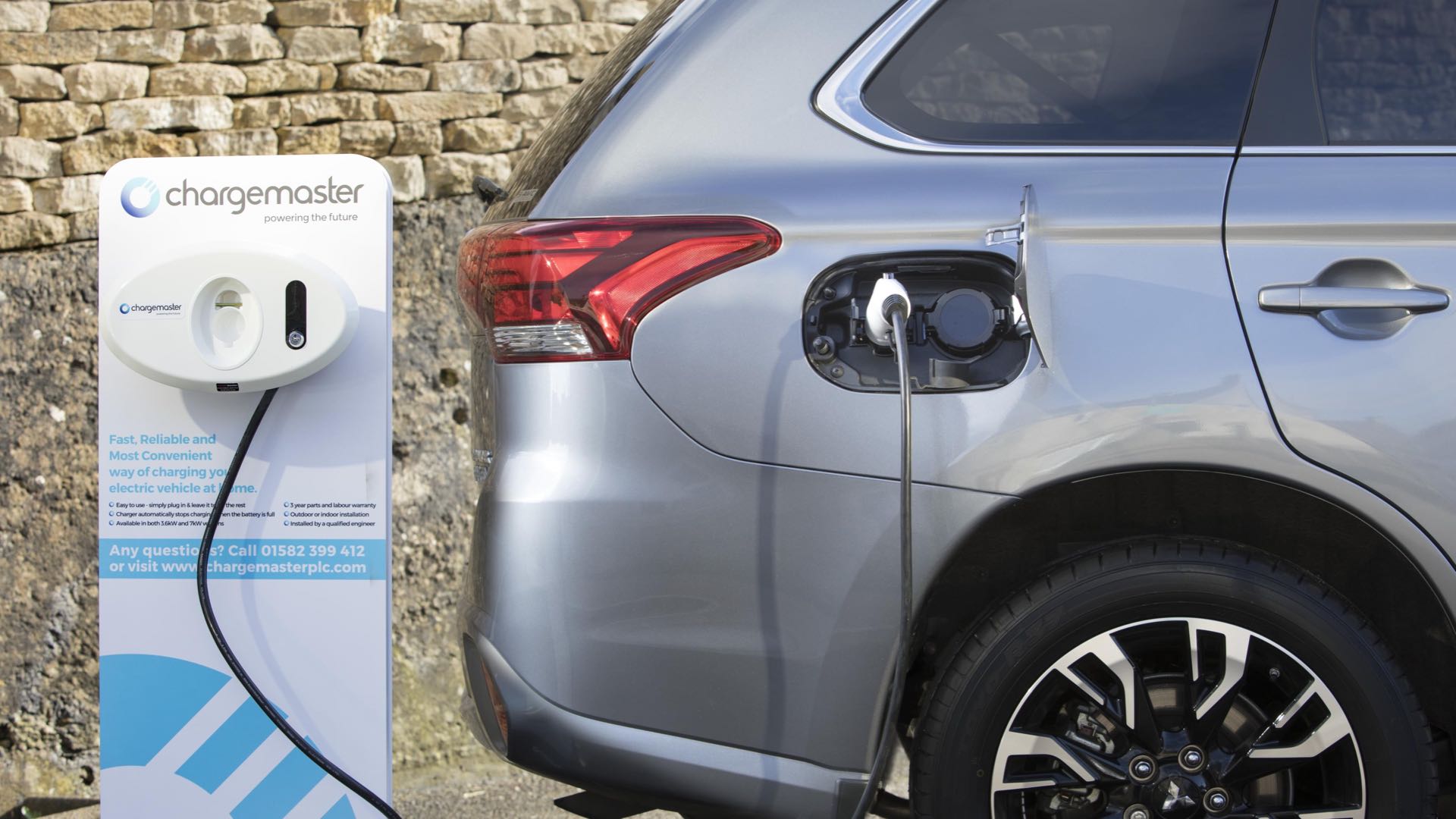
Mitsubishi is offering a £4,500 scrappage discount on the Outlander PHEV when you trade in your old car. The vehicle must have been registered before 1 January 2013.
This reduces the price of the entry-level Outlander PHEV to £30,955.
The offer is set to run until 27 March 2020, and customers must agree to have their trade-in car scrapped. To qualify, the vehicle must have been registered in your name for at least 90 days prior to the new car’s registration date.
Nearly 50,000 Outlander plug-in hybrids have been registered in the UK since 2014. This makes it the UK’s most popular plug-in car. However, it faces growing competition, including a new breed of all-electric SUVs.
Following an update in 2019, the Outlander PHEV offers an all-electric range of 28 miles and 134mpg, based on the WLTP test cycle.
Although the basic Verve trim costs £35,455 (pre-scrappage), the most expensive Outlander PHEV weighs in at £46,000. For now, it remains the best value plug-in hybrid SUV, not least because rivals of a similar size tend to be offered by the premium manufacturers.

The slightly smaller Kia Niro PHEV costs £31,945 and offers an electric range of 36 miles. Standard specification is high, and you also benefit from Kia’s seven-year/100,000-mile warranty. If you don’t require the extra space, the Niro PHEV could be a cost-effective alternative to the ageing Outlander PHEV.
Right now, the Niro PHEV is available on a five percent PCP deal with a £2,000 deposit contribution from Kia. Mitsubishi is offering similar finance deals on the Outlander PHEV.
Rob Lindley, managing director of Mitsubishi Motors in the UK, said: “Moving to a new, ultra-low emission vehicle is an aspiration many people have but it’s a big financial step for many owners of older vehicles.
“Our scrappage offer, combined with competitive finance offers, puts a practical, versatile and low-emission vehicle within reach for many more people. If we were able to combine this offer with some form of compelling government-backed support for plug-in hybrids, it would all help put the government’s Road to Zero ambitions back on track.”